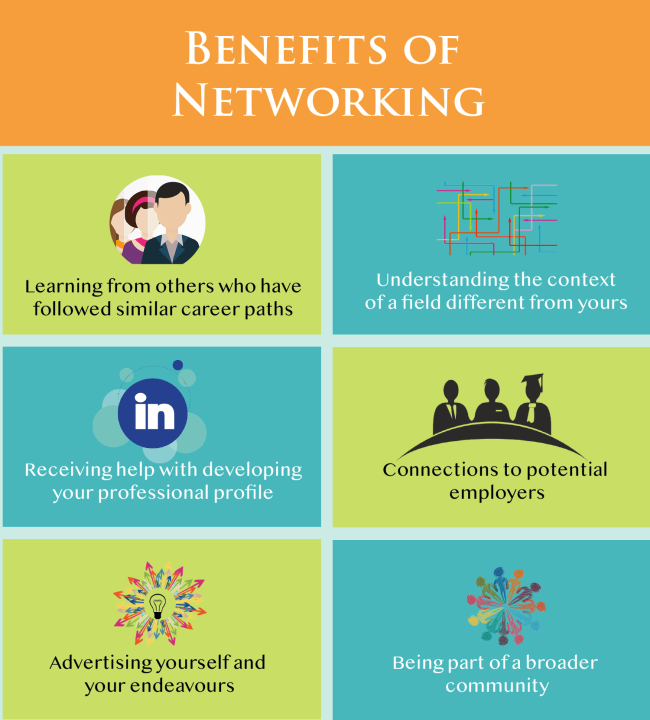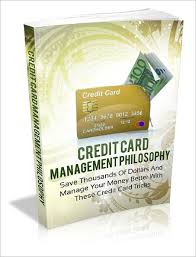Introduction
Financial literacy is more crucial than ever for Gen Z, a generation growing up in a fast-changing economic landscape with unique financial challenges and opportunities. Understanding how to manage money, invest wisely, and avoid debt traps is key to building long-term financial stability and wealth. This guide will cover essential financial concepts, including budgeting, saving, investing, debt management, and financial planning, tailored specifically for Gen Z.

Why Financial Literacy Matters for Gen Z
1. Economic Uncertainty & Rising Costs
- Inflation and economic downturns affect Gen Z’s spending power.
- Housing, education, and healthcare costs are higher than in previous generations.
2. The Gig Economy & Entrepreneurship
- Many Gen Zers are freelancers, gig workers, or entrepreneurs, requiring better money management skills.
- Traditional employer benefits like pensions and job security are less common.
3. Digital Finance & Investing Trends
- Access to cryptocurrency, stock trading apps, and decentralized finance (DeFi) requires financial education.
- Understanding financial risks is crucial in a rapidly evolving digital economy.
Core Pillars of Financial Literacy
1. Budgeting: Mastering Money Management
Budgeting is the foundation of financial stability. Gen Z should adopt smart budgeting techniques to control expenses and save for the future.
Tips for Effective Budgeting:
- Use the 50/30/20 rule: 50% for needs, 30% for wants, 20% for savings/investments.
- Track spending using apps like Mint, YNAB, or PocketGuard.
- Automate savings to ensure consistent contributions.
- Differentiate between needs vs. wants to reduce unnecessary expenses.
2. Saving & Emergency Funds
A strong savings habit helps protect against financial emergencies and builds long-term security.
Steps to Effective Saving:
- Set up an emergency fund covering 3-6 months’ expenses.
- Open high-yield savings accounts for better returns.
- Take advantage of employer-sponsored retirement accounts, like 401(k) plans and IRAs.
- Establish a habit of paying yourself first by setting aside savings before spending.
3. Investing for the Future
Investing is a key strategy for building wealth over time, but Gen Z must understand different investment options.
Key Investment Options:
- Stock Market: Investing in individual stocks or ETFs for long-term growth.
- Index Funds & Mutual Funds: Lower-risk investment options for diversification.
- Real Estate: A long-term investment strategy that builds wealth.
- Cryptocurrency & DeFi: High-risk, high-reward digital investments.
Investment Tips:
- Start early to benefit from compound interest.
- Use robo-advisors for automated investing.
- Diversify investments to mitigate risks.
- Understand market trends before making investment decisions.
 Credit Card Management Philosophy
Credit Card Management Philosophy![]()

4. Debt Management: Avoiding Financial Pitfalls
Debt can be a major financial burden if not managed properly. Understanding how to handle debt responsibly is crucial for financial freedom.
Strategies for Managing Debt:
- Avoid high-interest debt like payday loans and credit card debt.
- Pay off loans using the snowball or avalanche method.
- Build a strong credit score by making timely payments and keeping credit utilization low.
- Use balance transfer credit cards or refinancing options to lower interest rates.
5. Retirement & Long-Term Financial Planning
Planning for the future is essential, even for young adults. The earlier you start, the better the financial outcome.
Key Retirement Planning Steps:
- Contribute to employer-sponsored plans like 401(k)s and take advantage of matching contributions.
- Open a Roth IRA or Traditional IRA for tax benefits.
- Set long-term financial goals, such as home ownership or travel funds.
- Regularly review and adjust your financial plan based on life changes.
Tools & Resources for Financial Literacy
- Budgeting Apps: Mint, YNAB, PocketGuard
- Investment Platforms: Robinhood, Fidelity, Vanguard
- Financial Education Resources: Investopedia, NerdWallet, The Motley Fool
- Credit Monitoring Services: Experian, Credit Karma
Conclusion
Financial literacy is the foundation for a stable and successful future. By understanding budgeting, saving, investing, debt management, and financial planning, Gen Z can navigate the complexities of modern finance and build long-term wealth. Prioritizing financial education today will lead to greater financial security and independence in the years to come.
Start taking control of your finances today—because the best time to start building wealth is now!

